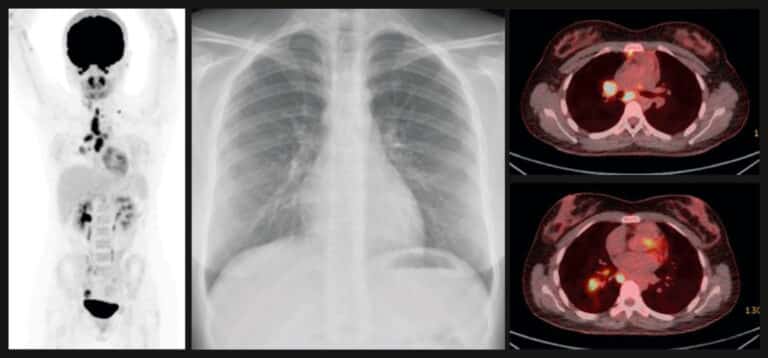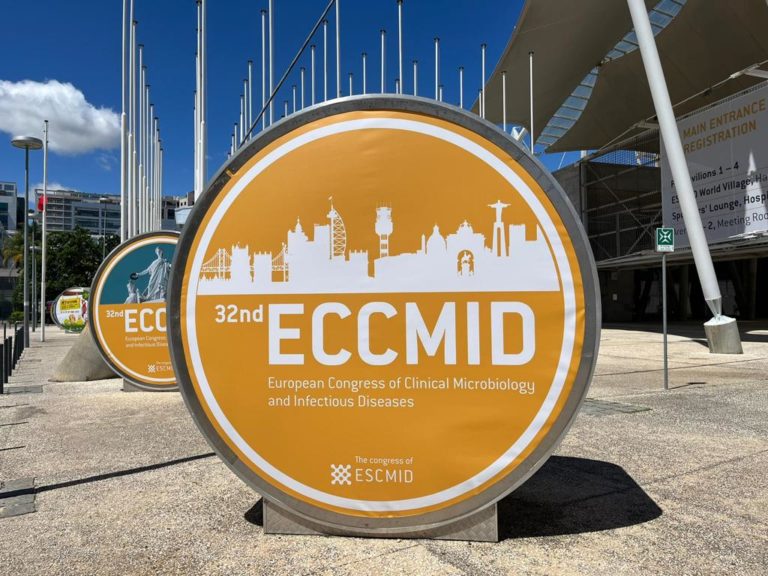A quarter of a million children die of tuberculosis (TB) each year worldwide. Early diagnosis would help save lives.
Human Health
“As a blood test, Actiphage is particularly suitable for children and patients unable to produce sputum," says Dr Pranabashis Haldar, Consultant in Respiratory Medicine at Leicester’s Hospitals.
Loading...
The potential for Actiphage to be used as a mainstream diagnostic for human tuberculosis (TB) has been investigated in a study across the University Hospitals of Leicester (Leicester’s Hospitals) with promising results.
Traditional tests rely on sputum to detect the infection but almost half of all people with pulmonary TB are unable to produce sputum, particularly in early disease.
It also difficult to culture the mycobacteria for plate detection.
Actiphage provides a novel approach: it is able to detect the presence of live mycobacteria in a sample of blood.
It uses a bacteriophage – a virus specific to the mycobacteria that causes TB. The bacteriophage is able to penetrate the tough membrane of the bacteria and release DNA from live cells, which can then be identified.
The results from initial trials were very promising.
Results from a further study were presented at the 32nd European Congress of Clinical Microbiology & Infectious Diseases (2022) more information
This progressed to a clinical trial with the results published in Lancet Microbe.
In 2023, 1.25 million died from tuberculosis (TB) (WHO data). Worldwide, TB has probably returned to being the world’s leading cause of death from a single infectious agent, following three years in which it was replaced by coronavirus disease (COVID-19). TB is present in all countries and age groups. TB is curable and preventable.
Children are often overlooked by health providers as the disease is particularly difficult to detect using current diagnostics.
Related content
Loading...
March 21, 2024
80 percent of people with tuberculosis (TB), the world’s most deadly infection, do not have a persistent cough and yet are still infective, according to a study led by Amsterdam UMC, published in the Lancet.
80 percent of people with tuberculosis (TB), the world’s most deadly infection, do not have a persistent cough and yet...
January 23, 2024
A novel approach to studying the progression of tuberculosis (TB) from infection to disease has identified and treated people at increased risk of developing the disease that current methods of testing would not.
January 23, 2024
A novel approach to studying the progression of tuberculosis (TB) from infection to disease has identified and treated people at...
April 23, 2022
A clinical trial of Actiphage, a promising new diagnostic for tuberculosis infection, has shown for the first time that live bacteria can be detected in the blood of people with incipient TB infection.
A clinical trial of Actiphage, a promising new diagnostic for tuberculosis infection, has shown for the first time that live...
March 3, 2022
A quarter of a million children die of tuberculosis (TB) each year worldwide. Early diagnosis would help save lives.
A quarter of a million children die of tuberculosis (TB) each year worldwide. Early diagnosis would help save lives.



